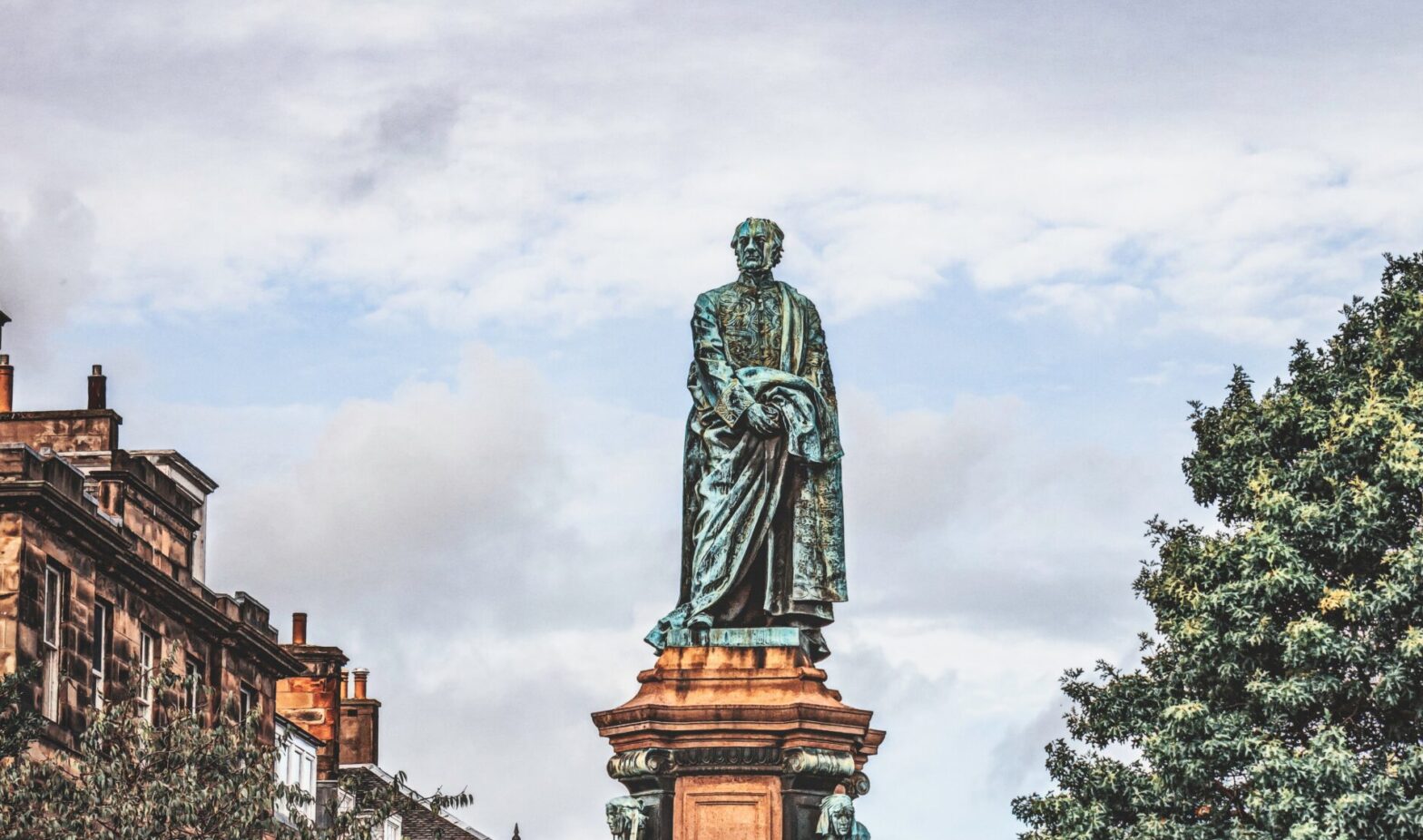13 January 2022
Right Lads; Left!
Names and Labels
by J.R. Thomas

Now I’m a union man
Amazed at what I am
I say what I think, that the company stinks
Yes I’m a union man
One of the weaknesses of free enterprise is that the Left often seems to have all the best tunes. The Strawbs sang “Part of the Union” about the power of trade unions in their 1973 hit, (above is the footstampingly wonderful first verse), sung in factory canteens everywhere. Or possibly not. The members of the band were, in the way we might expect, mainly middle class and at teacher training college (Strawberry Hill, naturally) when that song became, briefly, the anthem of the left. Since then they have continued to make music together, and to greater or lesser degrees, money, but what they cannot have foreseen is the demise of the unions under a certain Mrs Margaret Hilda Thatcher – let alone the use of their anthem in a Norwich Union insurance advert in 1998 . Not many union men now, not many shouts of “Out brothers, out”, not much striking for higher pay. The trades union movement has effectively vanished as a significant force in the UK economic and political system (except of course for farmers and doctors; we won’t include lawyers after the abuse we got last time).
A couple of issues before Christmas our revered columnist Corbynista referred to your humble correspondent as “right wing”. Maybe he meant to wound or maybe he meant to compliment, but he did fall into that failure of definition which increasingly bedevils a proper understanding of politics. It was much easier in the nineteenth century; not “Whigs” and “Tories”, both intended as insults from their earliest usage, but “Conservatives” and “Liberals”. Conservatives were just that; they wanted to conserve, to keep things much the same as always, and if forced to concede change, to do as little and as slowly as possible. Liberals were also just that, they wanted to create a freer society, less rules, less regulations, less restrictions, to liberate the citizenry from control and the remnants of feudalism. “Do as you will” was pretty much the Liberal cry – but don’t interfere with the liberties of others. The UK and the USA were world leaders in deregulation in the century from the end of the Napoleonic Wars to the outbreak of World War One. It gave them the moral leadership of the democratic world – and created the conditions under which free enterprise and capitalism generated great wealth and built the foundations of the comfortable lives we have had since.
Some Conservatives were liberal of course – they wanted a freer society but just wanted to get there more cautiously and to keep the outward appearance of old ways; and some Liberals were conservative, wanting pretty much the same (most were radical though). Then came a new force, from Manchester and North London; it was neither conservative nor liberal; it wanted change but not more freedoms. That was Marxism, or its user-friendly version, Socialism. Outside the kibbutzim of Israel (where membership is essentially voluntary), socialism is not keen on liberalism, but rather oddly has managed to seize the word itself and convert it to mean “not-liberal”. Now a person who might think of themselves as liberal in any C19th sense of the word must describe themself as “libertarian” or as a “classical liberal”, or even as a “Manchester liberal” (Manchester was an exciting place for ideas in the C19th). Also acceptable are “Hayekian” and “Friedmanite”.
Are those true liberals now conservatives, or reactionaries? Not really; they do not want things to stay the same; they want in many aspects of modern life to go back to a freer society. Mrs Thatcher was one such; she was liberal (libertarian, classical, Hayekian, Friedmanite) in many of her views on economics and the structure of society. She was also conservative in her personal ways and in some of her social views; she like old fashioned things and old fashioned manners, the monarchy, and the way in which the constitution and legal system operated. (Not that she thought they were perfect, but because she had a conservative suspicion that change can easily make things worse unless very carefully considered and thoughtfully implemented.)
Socialists and Liberals (modern liberals in a LibDem sense) and indeed Greens are not keen on liberation. They think they know best and intend to make sure the citizens get it. Their creeds are fundamentally about control, especially economic where many politicians and civil servants know better than the people how their money should be spent. In social matters things are somewhat different and very complex. There are politicians of strongly socialistic views but who in social matters would let the people do pretty much as they wish. Sometimes, often, positions are not entirely coherent. Mrs Thatcher, another chorus from the Strawbs, was very against trade unions, because she saw them as having developed a dangerous and strongly political influence in the economy. She was right, and most voters agreed with her, but in truth trade unions are a useful part of a capitalistic free enterprise society; they redress the balance between the weak diversity of labour and the centralised strength of capital. Wages now may have become low because employee’s bargaining power has become weak. No collective bargaining can overcome the fundamentals of supply and demand and of world markets, but strong representation of labour in a successful business can ensure the workers earn more and the shareholders less. That works especially if the work side of the equation is represented within the firm, rather than across an industry. That might be an element of any new Red Toryism (free suggestion there, Mr Gove).
Nowhere, though, in this debate is it helpful to say “Left” or “Right”. The lines are drawn, as they always have been, between those who want change and those that don’t, and more importantly in a society ever more regulated, between those who want to impose more controls and those who want less.
Look at the Conservative party with this simple matrix to hand. Quite a lot of Tories don’t like change, but there are some significant ones that do. And there are still a significant number who have a Thatcherite liking for less government, but seemingly a growing number who think big government, and lots of it, would be a thoroughly good thing. Alarmingly for Hayekian liberals, the latter seem to currently include the Prime Minister and Mr Gove. Let’s try Labour. Mr Corbyn, even if not a member, clearly leads the “Do As We Tell You” wing. Keir Starmer, though, increasingly seems to be developing classical liberal traits; lower taxes, relaxed restrictions. Here is a quiz: Apply this matrix test to the First Ministers of Scotland and Wales. No prizes; the answer is too obvious.
Use of “Left” or “Right” tells us nothing much about the politics of those we are trying to describe. Hitler, Mussolini, and Stalin were all in favour of more controls. So are Presidents Xi and Biden, and possibly, it is hard to tell, Trump. President Reagan was clearly liberal. Mr Rees-Mogg is liberal but also conservative. Leo Varadkar, past and future Premier of Ireland is liberal, and radical. See how much easier it is to know whose side to be on; you don’t even need to carry a card.
So though I’m a working man
I can ruin the government’s plan
And though I’m not hard, the sight of my card
Makes me some kind of superman
Tile photo by K. Mitch Hodge on Unsplash


